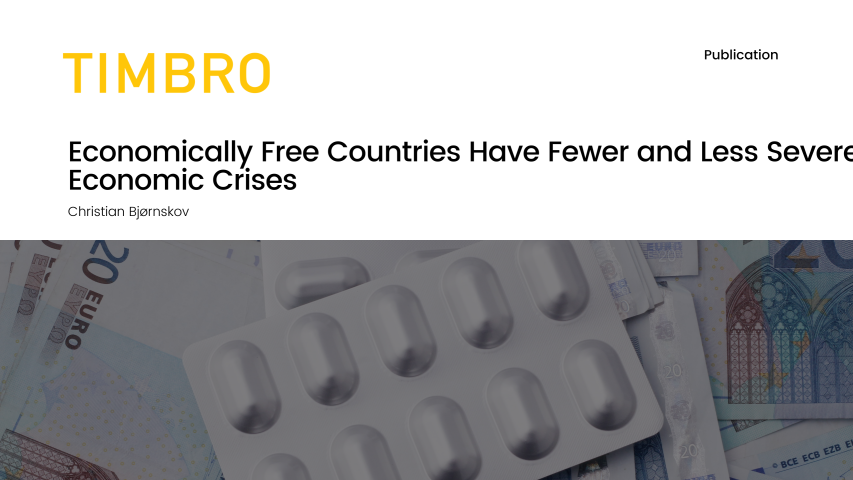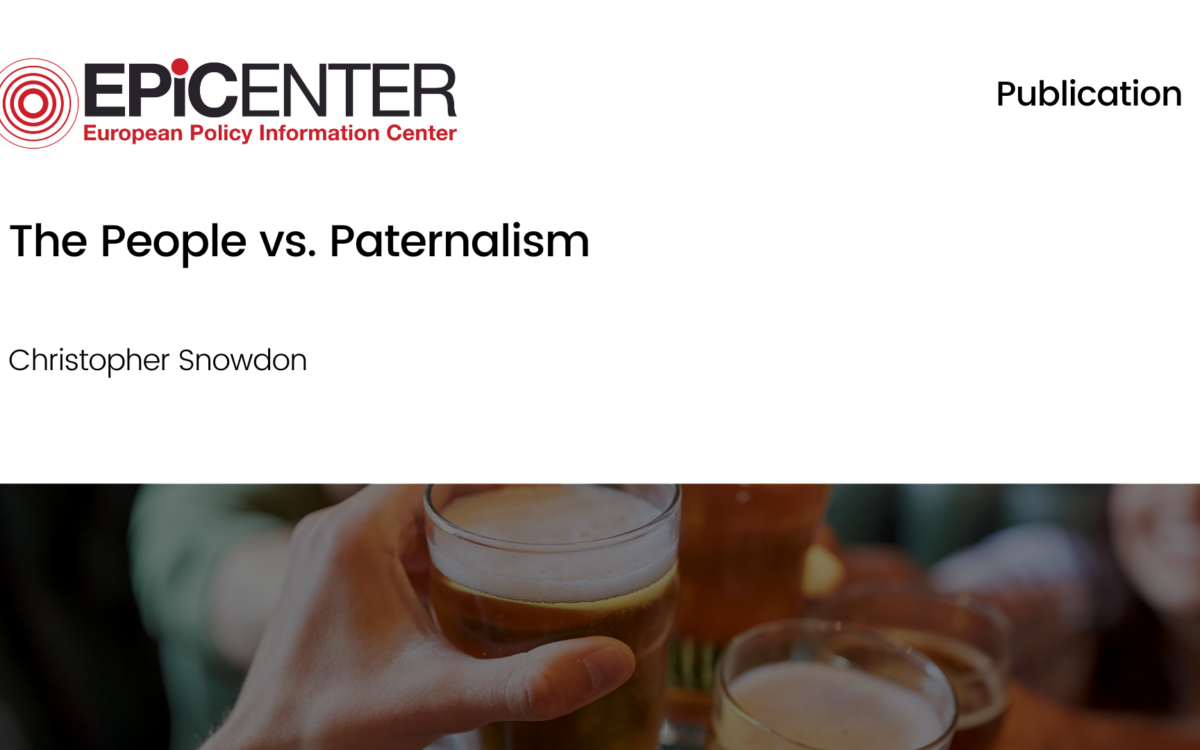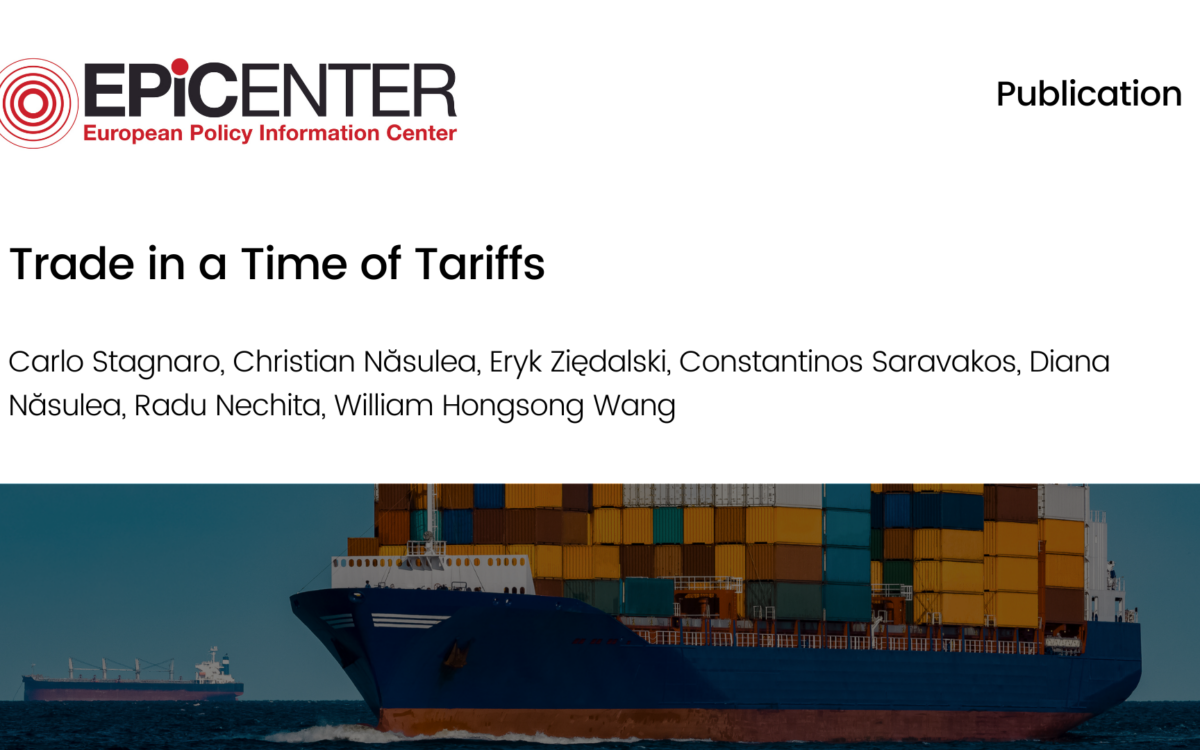Economically Free Countries Have Fewer and Less Severe Economic Crises

Economically Free Countries Have Fewer and Less Severe Economic Crises
11 November 2020
With most of the world in a deep economic crisis due to coronavirus and the government reactions to it, knowledge of effective crisis policy has become salient. This briefing outlines the association between crisis risk, crisis development, and economic freedom.
Previous studies suggest that economically free societies experience fewer and not as deep and long-lasting crises as more regulated societies do. An updated analysis shows that these basic findings still hold and that the returns to economic freedom, and freedom from regulation in particular, are substantial during economic crises.
Higher economic freedom is associated with a lower crisis risk. Across all societies, the crisis risk is 15 %. Societies with a level of economic freedom ten points below the average have a crisis risk of 18.4 % while societies with a level of economic freedom ten points above the average have an average risk of 12.7 %.
Higher economic freedom is associated with a lower loss of income. When a crisis occurs, the average loss of income is 10 % of GDP. A typical country with a low level of economic freedom (ten points below the median) is likely to experience a 12 % drop whereas an economically free country experiences an 8 % drop.
Download or share this publication
View the PDF
EPICENTER publications and contributions from our member think tanks are designed to promote the discussion of economic issues and the role of markets in solving economic and social problems. As with all EPICENTER publications, the views expressed here are those of the author and not EPICENTER or its member think tanks (which have no corporate view).



